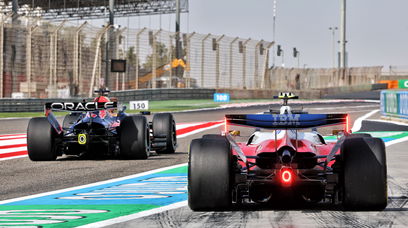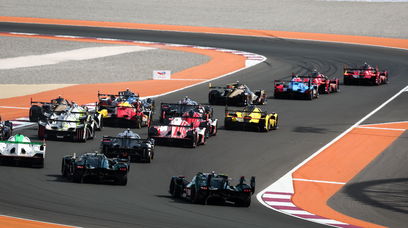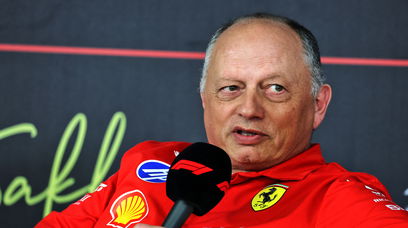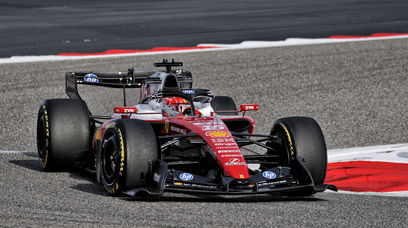Although the FIA planned for a complete aerodynamic overhaul for the 2021 Formula 1 season, the COVID-19 pandemic delayed those plans and a complete revamp of the technical regulations will take place in 2022 instead. Despite this, there are some major changes set to take place for the coming year.
Cost cap
The first significant change will see the implementation of a cost cap of $145 million per year for each team to work with. Initially, the agreed upon amount was $175m, but that was increased given the financial strain placed on the smaller teams during the current pandemic.
The introduction of an aerodynamic scale
The second major change is in relation to a brand new sliding scale for aerodynamic development. The lower a team finishes in the constructor’s standings, the more wind-tunnel time they are allotted. This rule is aimed at bridging the performance gap between teams at the front and back of the grid, and also between teams with larger and smaller budgets.
Changes to the floor
The third change is aimed at regulating the amount of downforce produced by the cars for the upcoming season, though key parts such as the chassis and suspension will remain fixed for the upcoming season, teams will have to trim parts of their floor before a new 18-inch tire is used for the 2022 season. This is perhaps the biggest technical change and will force the teams to employ a diagonally cut floor ahead of the rear tyre. Further, designers will be prevented from having any fully enclosed holes in the entire rear section of the floor, fearing that they might be able to find some added performance. The floor of the cars will now only be allowed to flex up to 8mm vertically as opposed to the 10mm from this past year when a 500nm load is applied. This limits the possibility of finding any performance gains via flexible surfaces. The final changes to the floor will affect the diffuser which will cut the dividing strakes by 50mm thus reducing the downforce produced, while the designers are also banned from having utilising winglets that are mounted to the lower half of the rear brake duct.
Use of green materials
The fourth major change sees the inclusion of several "green materials" such as flex, hemp, linen, cotton, and bamboo now allowed. While these new earth-friendly materials are going to add to the weight of the car, F1 is all about progress and hence these materials should see advances in the near-mid future.
Ban on DAS
The removal of DAS will mark the fifth significant change with the system being banned for 2021 almost an entire year in advance.
Heavier cars
The minimum weight of the cars will also increase by 3 kgs to 749kgs. The minimum weight of the power unit has also increased with manufacturers now looking to meet a target of 150 kgs which should see them save on the use of exotic materials needed to save weight.
Other Changes
Elsewhere, a number of components including the chassis and gearbox have been frozen between 2020 and 2021. A token system will be used to allow a very limited number of modifications, such as McLaren needing to make changes to accommodate a switch to Mercedes power. Starting next season, there will be a limitation on the number of upgrades a power unit manufacturer can do over the course of a season. The teams have also been banned from using reverse engineering techniques such as stereophotogrammetry and 3D capture or scanning tools. The FIA will also clamp down on oil-burning tactics, with just the previous season's formulations and one new set being allowed for 2021.
Most read







